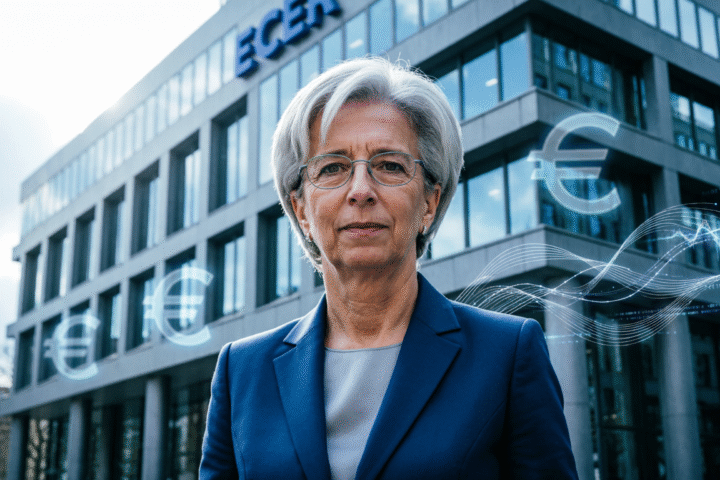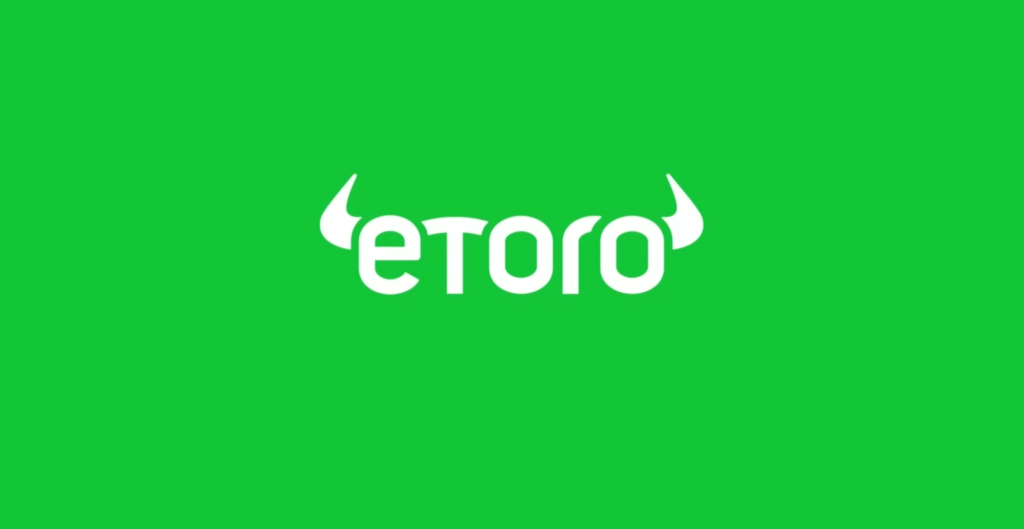South Korea, a major player in the global cryptocurrency market, is set to introduce new guidelines for token listings on centralized exchanges, aiming to impose stricter regulations and enhance investor protection. The Financial Services Commission (FSC) in South Korea is driving these changes, which include preventing cryptocurrencies that have experienced hаcking incidents from being listed on local exchanges and requiring foreign projects to develop whitepapers tailored for the local market.
The new guidelines, expected to be released later this month, will focus on promoting transparency and investor protection. Tokens from projects that have been victims of hacking incidents and have not yet addressed vulnerabilities may be prevented from listing on local exchanges.
Additionally, the FSC may mandate that foreign token projects creаte speсific whitepapers for the local market to secure their listing on domestic exchanges. However, an exception to the new criteria may apply to tokens that have been listed on licensed exchanges for over two years.
Exchanges will be required to delist cryptocurrencies if issuers fail to disclose necessary information accurately, such as discrepancies between actual circulation figures and declared amounts. This move is part of South Korea’s broader efforts to strengthen its regulatory framework for cryptocurrency exchanges, which already includes rigorous government registration procedures and strict Anti-Money Laundering and Countering the Financing of Terrorism (AML/CFT) rules.
Related: Lagarde Exit Talk Sparks Uncertainty Over ECB Digital Euro Future
The new guidelines come as South Korea continues to grapple with the complexities of regulating cryptocurrencies. While exchanges are legal, cryptocurrencies are not considered legal tender in the country. Crypto taxation remains a grey area, with transactions currently tax-free, although the Ministry of Strategy and Finance is considering levying a tax on crypto transaction profits.
The South Korean government has been gradually tightening its grip on the cryptocurrеncy market. In 2017, the government restricted the use of anonymous accounts in cryptocurrency trading and banned local financial institutions from hosting Bitcoin futures transactions. In 2018, the FSC tightened reporting requirements for banks with crypto exchange accounts.
The new laws, which came into effect in March 2021, restrict cryptocurrency trading to real-name bank accounts, requiring traders to create a real-name account with the same bank as their cryptocurrency dealer for deposit or withdrawal purposes. South Korea reformed its Special Payment Act that same month to prohibit the use of private coins on exchanges.
Related: CFTC Opens Door for National Trust Banks to Issue Stablecoins
These stricter regulations are part of South Korea’s ongoing efforts to bring the cryptocurrency business into compliance with the Financial Action Task Force’s (FATF) anti-money laundering regulations. The country is also considering changes to age limitations, access for international or anonymous traders, and cash withdrawals.
With these new guidelines, South Korea continues to solidify its position as a significant player in the global cryptocurrency market, balancing innovation with regulatory oversight to protect investors and maintain financial stability.












